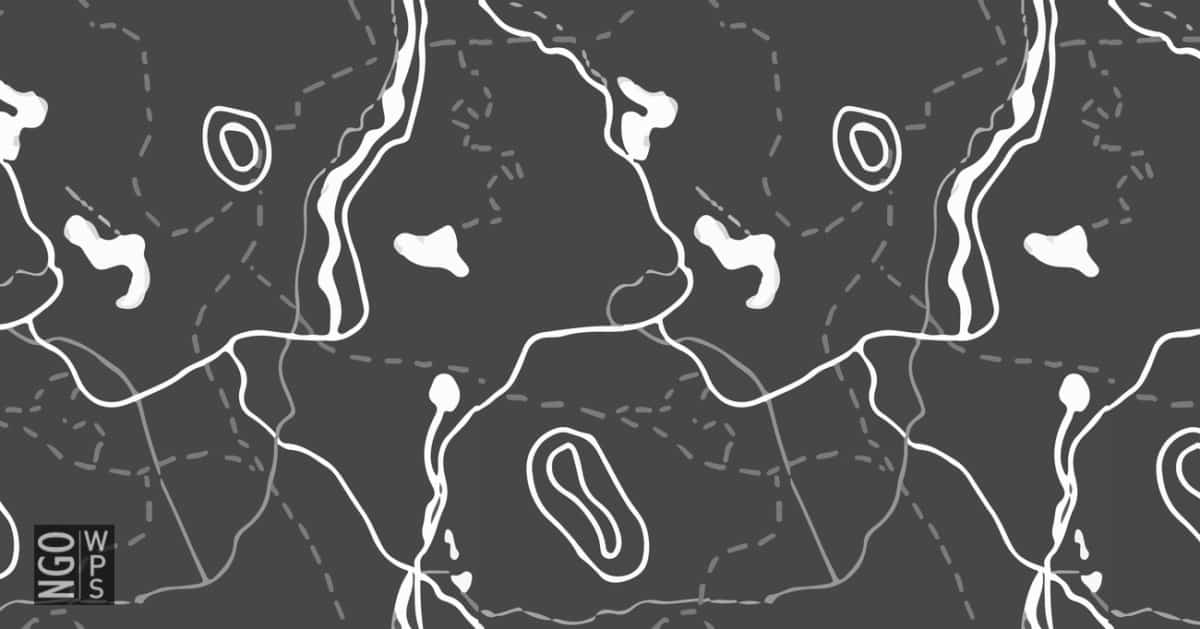Central African Republic
The Central African Republic (CAR) has been engulfed in violent armed conflict since 2013, and conflict-related insecurity has left women and girls vulnerable to forced marriage, abduction, and especially sexual and gender-based violence; according to the International Development Monitoring Centre, 68% of girls in CAR are married before the age of eighteen. Women in the CAR continue to be largely excluded from peacebuilding and reconstruction efforts and have even been subjected to violence perpetrated by UN peacekeepers. Deployed in April 2014, the United Nations Multidimensional Integrated Stabilization Mission in the Central African Republic (MINUSCA)is mandated to protect women, monitor and report on violations against women, adhere to the zero-tolerance policy on sexual exploitation and abuse, ensure women’s full participation in conflict resolution and elections, and incorporate gender as a cross-cutting issue. To further this progress, based on the work of NGOWG members and their partners, the NGOWG advocates for more thorough monitoring of UN peacekeepers in CAR to ensure that no exploitation and abuse occurs on their watch.
Central African Republic
The Central African Republic (CAR) has been engulfed in violent armed conflict since 2013, and conflict-related insecurity has left women and girls vulnerable to forced marriage, abduction, and especially sexual and gender-based violence; according to the International Development Monitoring Centre, 68% of girls in CAR are married before the age of eighteen.
Women in the CAR continue to be largely excluded from peacebuilding and reconstruction efforts and have even been subjected to violence perpetrated by UN peacekeepers. Deployed in April 2014, the United Nations Multidimensional Integrated Stabilization Mission in the Central African Republic (MINUSCA) is mandated to protect women, monitor and report on violations against women, adhere to the zero-tolerance policy on sexual exploitation and abuse, ensure women’s full participation in conflict resolution and elections, and incorporate gender as a cross-cutting issue. To further this progress, based on the work of NGOWG members and their partners, the NGOWG advocates for more thorough monitoring of UN peacekeepers in CAR to ensure that no exploitation and abuse occurs on their watch.
Current and Past Recommendations to the UN Security Council (Monthly Action Points)
As the Security Council discusses the latest report on the UN Multidimensional Integrated Stabilization Mission in the Central African Republic (MINUSCA), the human rights and humanitarian situation, particularly outside the capital, Bangui, continues to worsen. According to the UN High Commissioner for Refugees, the total number of internally displaced persons (IDPs) has increased from 400,000 in May 2016, to 688,700 at the end of 2017. MINUSCA also documented 73 incidents of conflict-related sexual violence (CRSV) during this past quarter (S/2018/125). Most survivors do not receive essential post-rape medical or mental health care until days or weeks later, if at all, due to non-functioning services, lack of knowledge about services, or lack of funds. In its consideration of the report, the Security Council should ensure there is information on the implementation of existing WPS provisions (S/RES/2387 (2017), OPs 42(a)(iii), (b)(ii), (b)(iii), (b)(iv), 43(b)(iv), (c)(i), (c)(ii), (d)(ii), (e)(xi), 51) and consultations with CSOs (S/2017/865). Additionally, the Council should request information on how implementation of the code of conduct on sexual exploitation and abuse (SEA) reflects the recommendations of the independent review of the Central African Republic (CAR), as well as recent policy decisions (A/71/818; A/72/751; S/RES/2272 (2016)). Troop- and police-contributing countries should ensure gender parity, a permanent, reasonable rotation of field contingents, and should develop on site disciplinary sanctions to soldiers violating the code of conduct.
Relevant Resources










